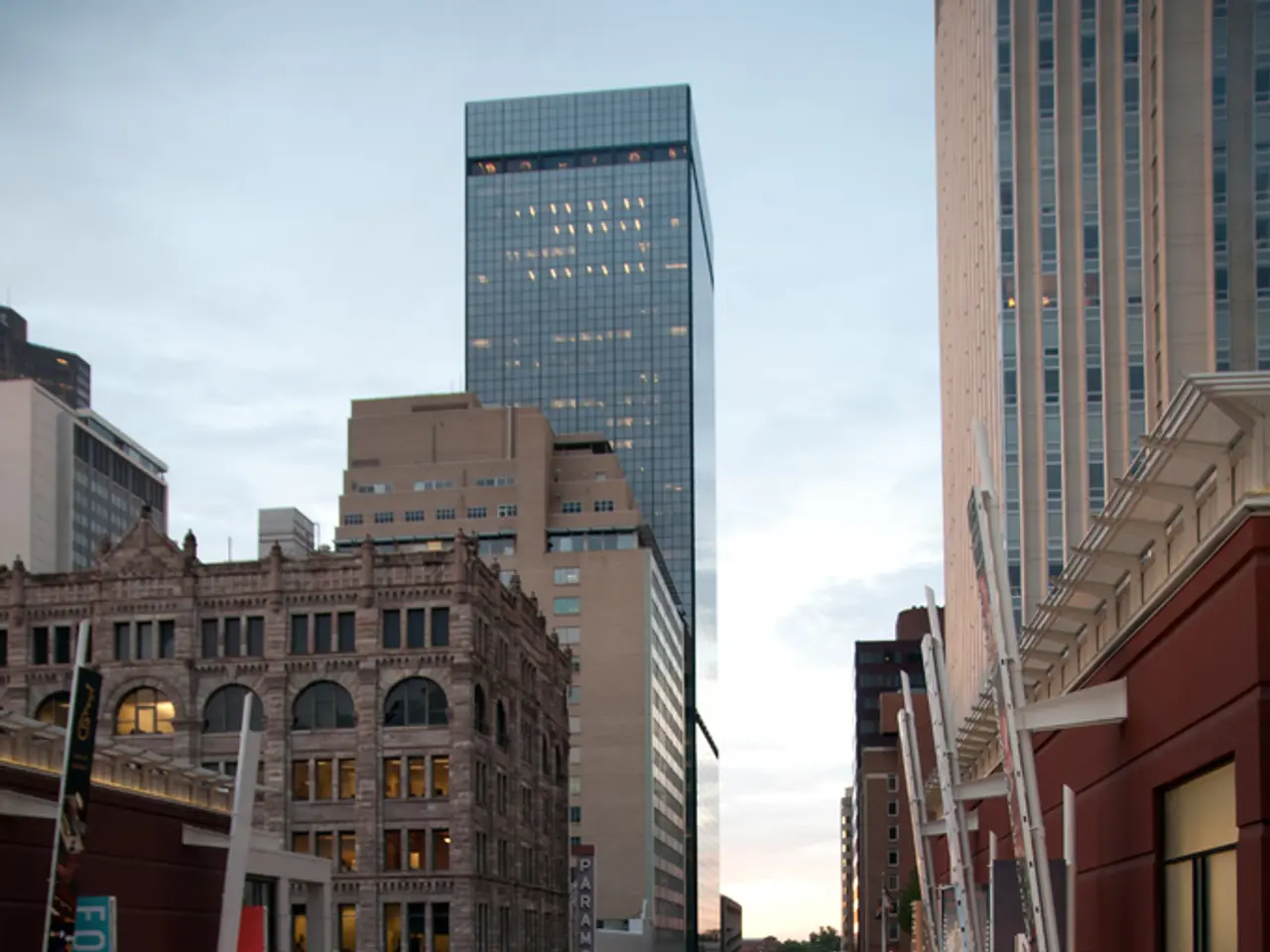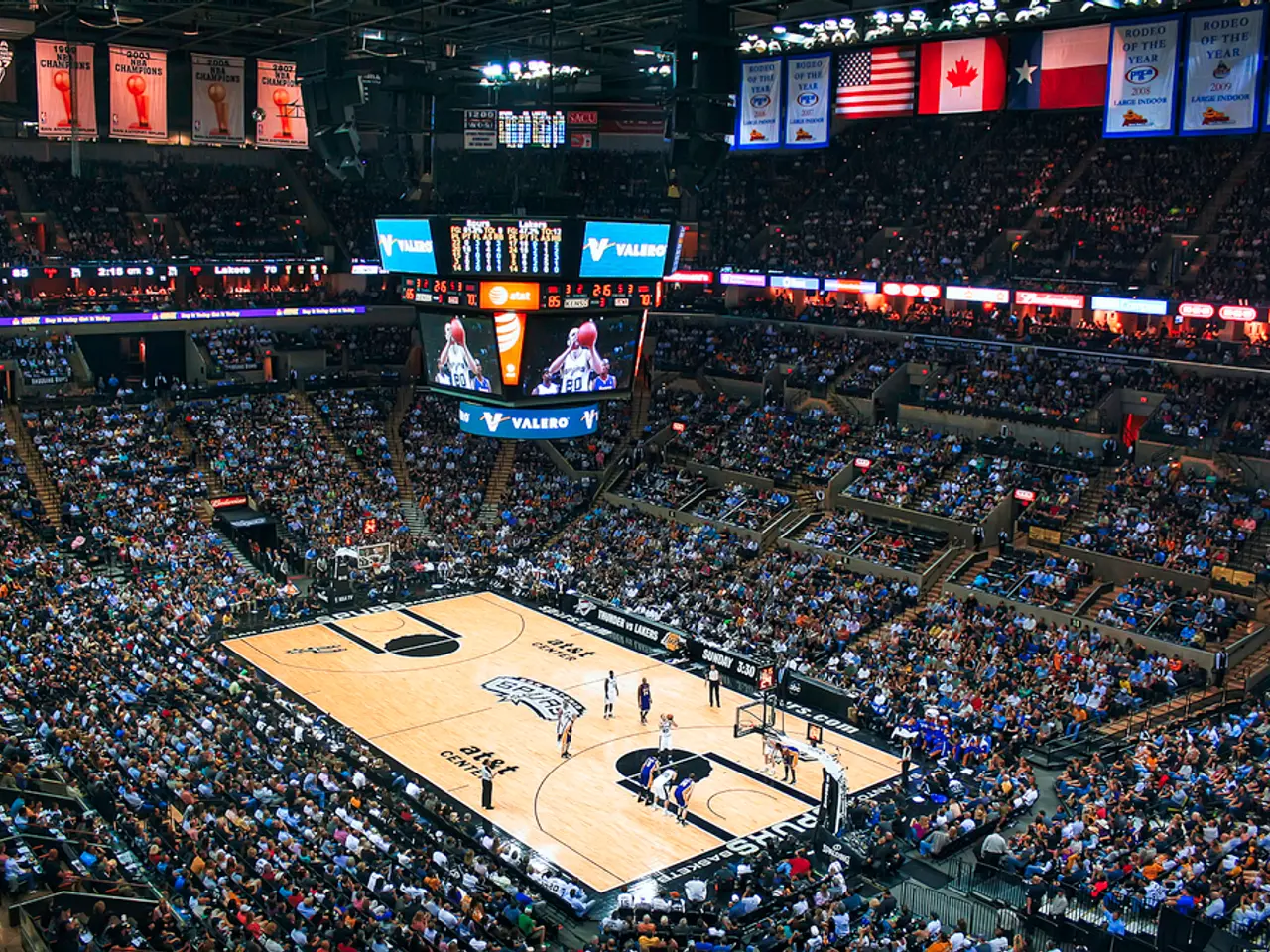Urban Transformations and Pioneering Advances Impacting the Global Property Market: A Look at Their Influence
In the ever-evolving world of commercial real estate, innovation is the name of the game. From logistics facilities to retail spaces, developers are embracing flexibility, sustainability, and adaptive reuse to meet the demands of the modern market.
Flexible and Adaptive Logistics Facilities
Developers are creating logistics centers with highly adaptable spaces that cater to the evolving needs of tenants. For instance, a logistics park in Northern Bavaria integrates flexible rental spaces and is strategically located near major transport hubs for efficient operations. This level of customization is done even during the construction phase to match tenant requirements precisely.
Sustainable Construction and Operation
There is a strong push towards sustainable real estate development, with a focus on recycling and repurposing building materials during demolition, and designing new buildings for fossil-free operation using photovoltaic systems and heat pumps. Developers are targeting high sustainability certifications like the DGNB Gold Standard in Europe, indicating a premium on energy efficiency and environmental responsibility in logistics and commercial buildings.
Repurposing Commercial Spaces for Technology and Flexible Workspaces
Post-pandemic shifts have led to numerous commercial spaces becoming underutilized, creating opportunities to convert offices or retail units into tech-friendly co-working hubs, boutique retail, wellness studios, and short-term venues. In cities like Dubai, startups are innovating by offering full-stack commercial space conversion services, streamlined by digital apps that simplify the planning and leasing process.
Mixed-Use Developments and Integration of Technology
Commercial real estate is trending towards mixed-use developments, combining offices, retail, residential units, and technology spaces to meet evolving urban demands. This approach supports hybrid work models and technology-driven needs, creating more dynamic, walkable environments.
Growth in Logistics Real Estate Driven by E-Commerce
The rise of online shopping is fueling demand for modern logistics hubs globally. Many investors and developers view warehousing and distribution centers as lucrative opportunities, with designs that support scalability and flexible tenant use, aligning with global supply chain innovations.
In summary, the global commercial real estate development landscape is innovating by making logistics and tech spaces more flexible, sustainable, and integrated with mixed-use urban concepts, supported by digital tools that facilitate repurposing and leasing. This shift towards adaptability and sustainability promises to reshape the commercial real estate industry for years to come.
- The faculty of developers within the commercial real estate sector is incorporating innovation and flexibility in the construction of logistics facilities, such as adaptable spaces and strategic locations near major transport hubs.
- In light of the growing emphasis on sustainability, research is directed towards developing materials for fossil-free operations and energy-efficient buildings, with a focus on recycling and repurposing existing building materials.
- The public space within commercial properties is being reimagined post-pandemic, with technology driving the transformation of underutilized spaces into tech-friendly workspaces, retail boutiques, wellness studios, and short-term venues.
- With mental health and well-being gaining importance, the overall environment within commercial spaces is being redesigned to better support the hybrid work models and technology-driven needs of the modern workforce.
- Innovation in sports facilities is on the rise, as developers seek to adapt and expand venues to accommodate diverse events, cater to spectators and participants, and leverage technology for more efficient operations.







